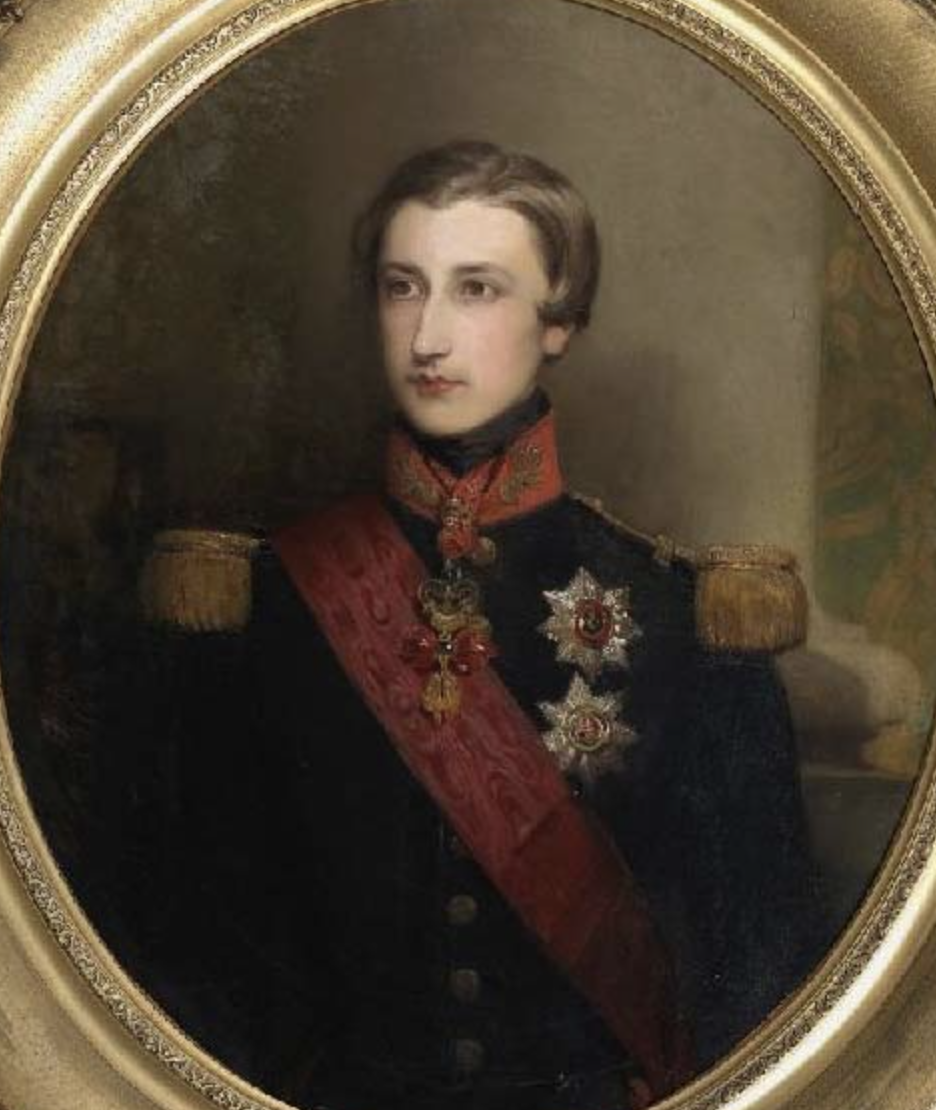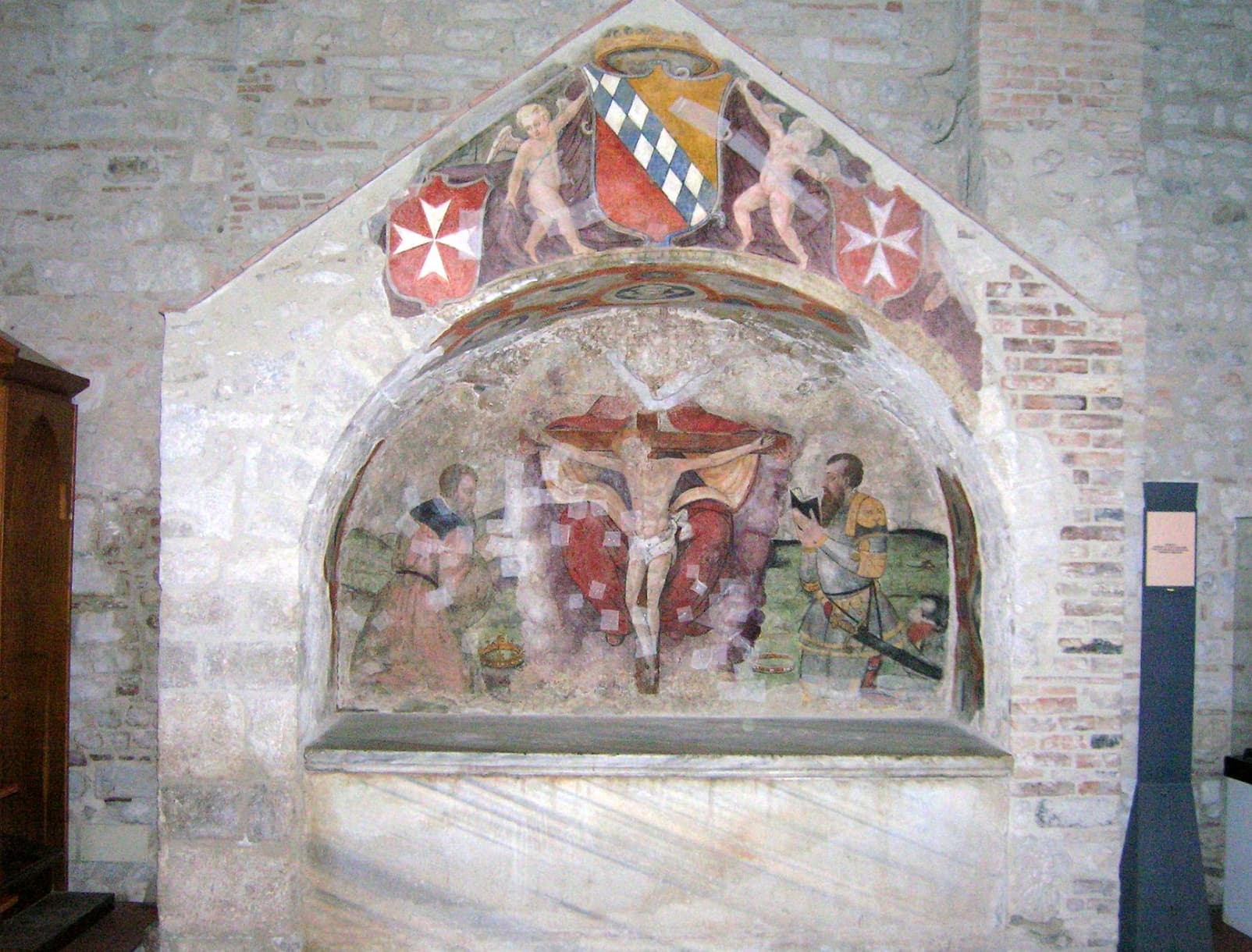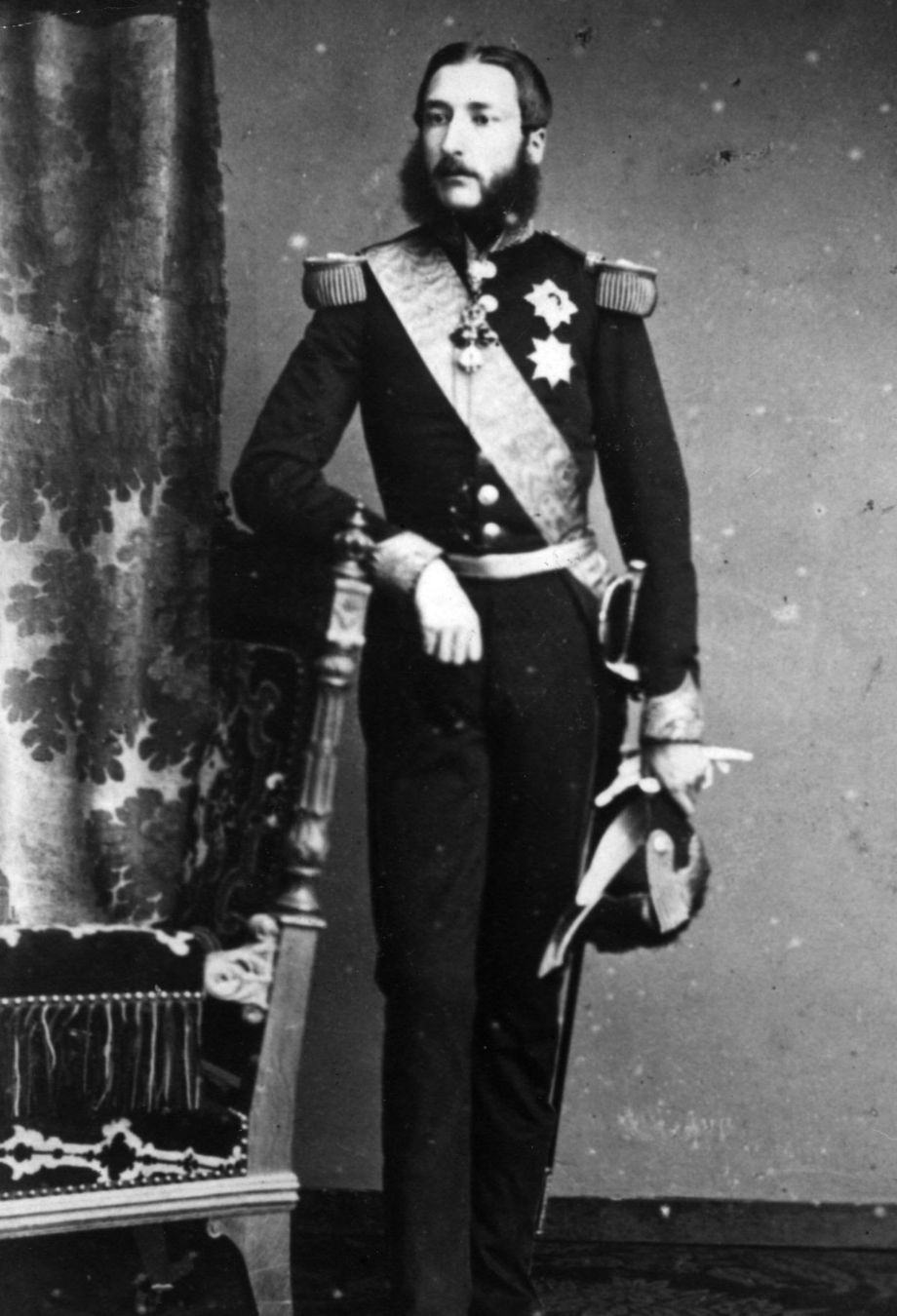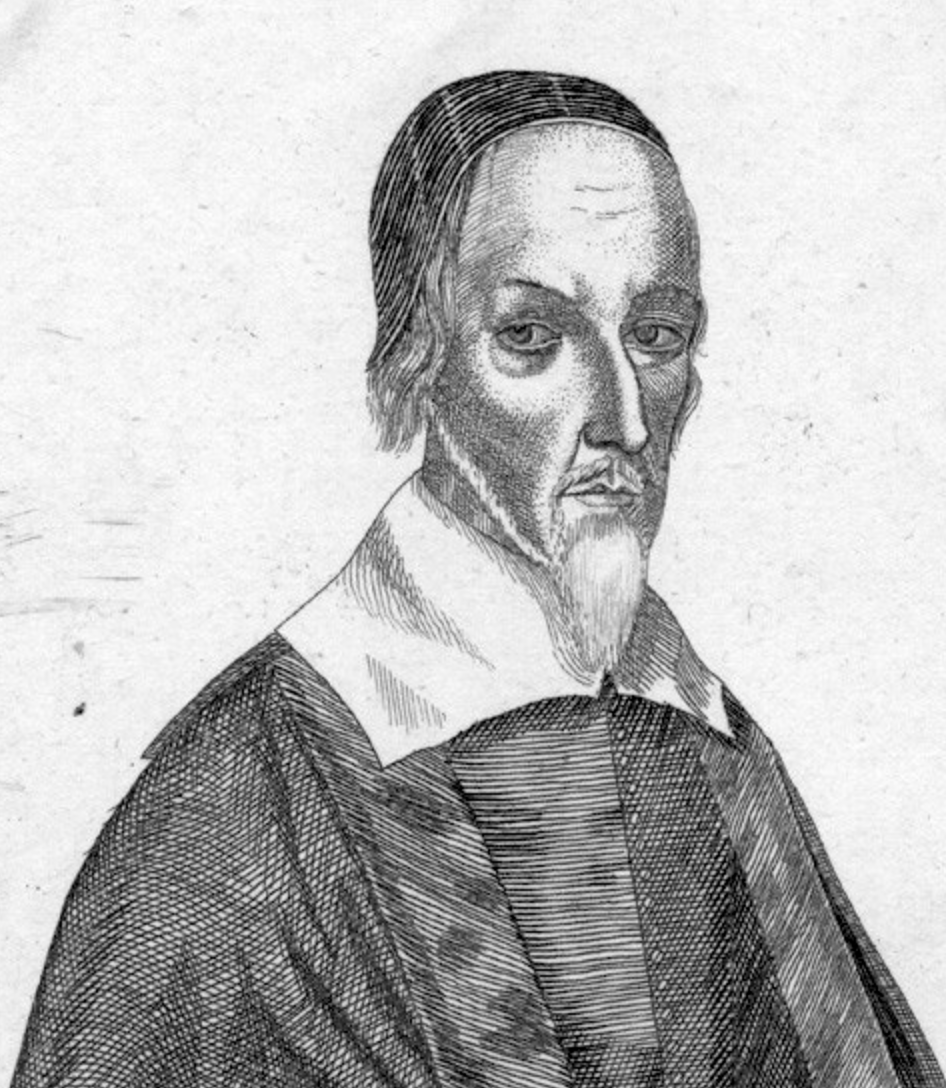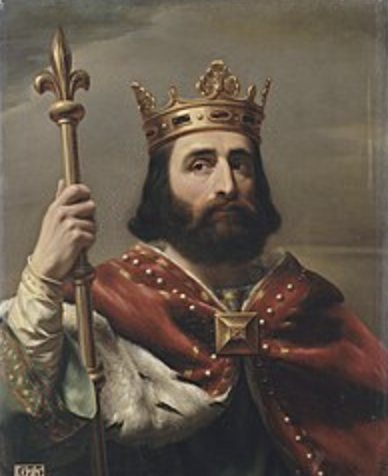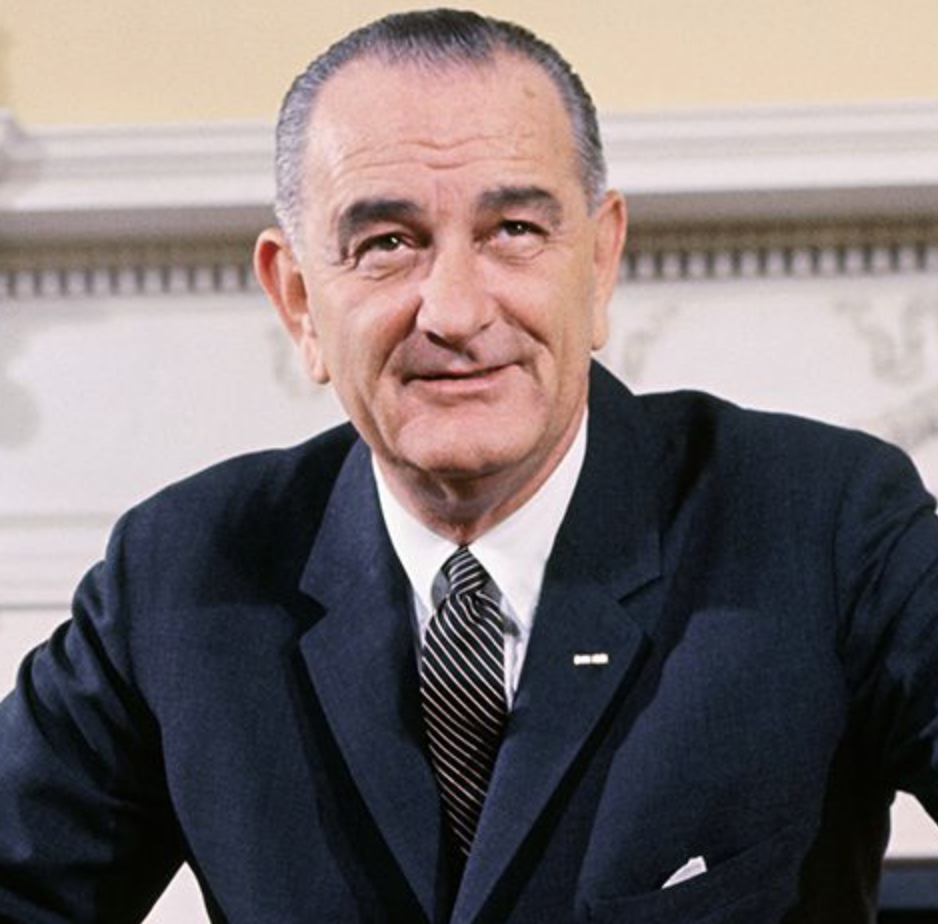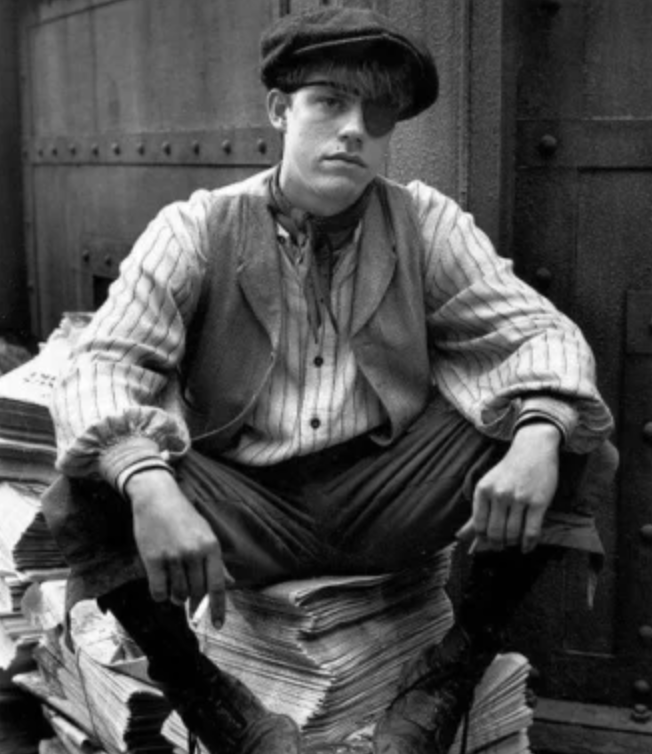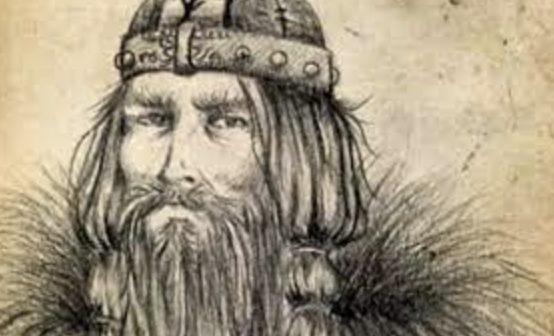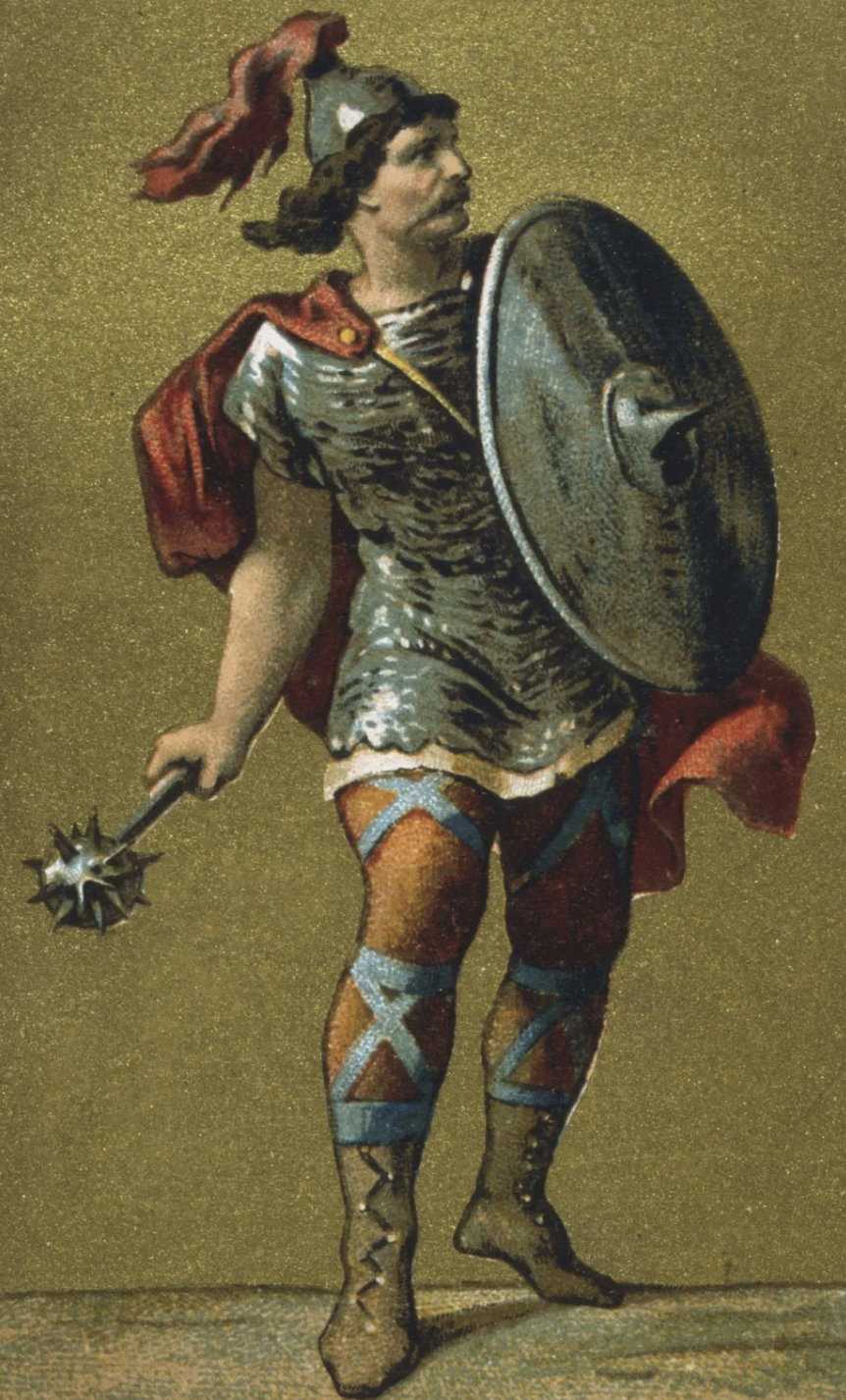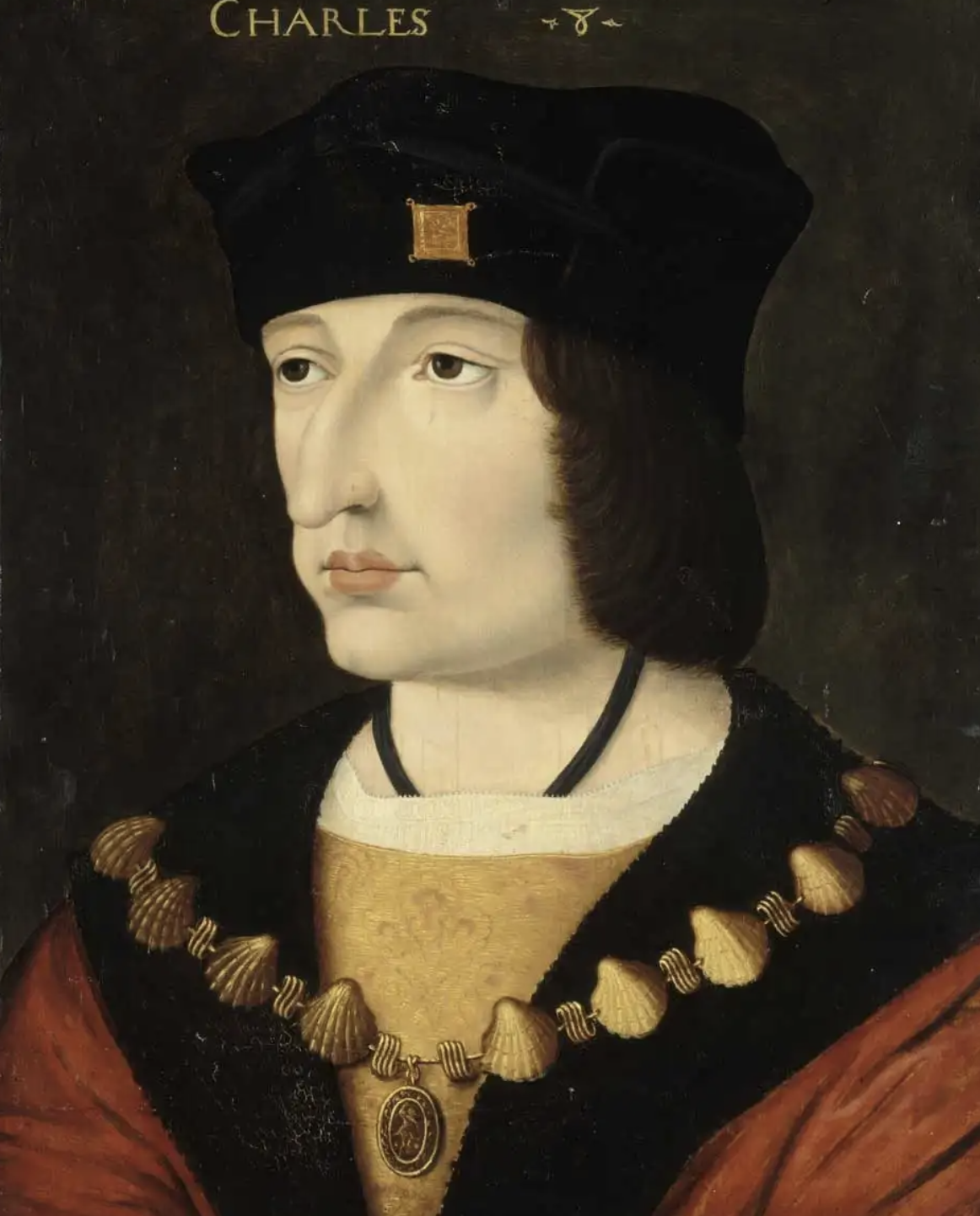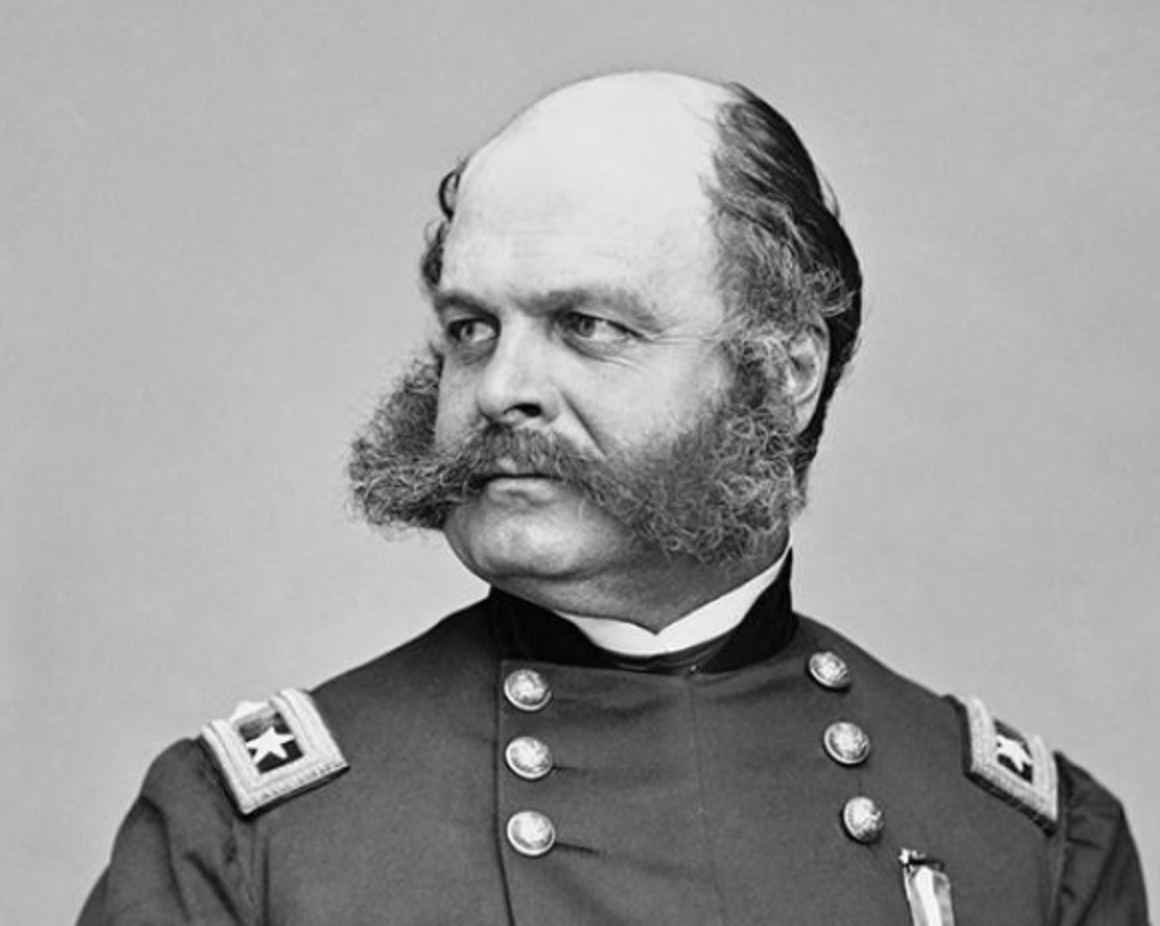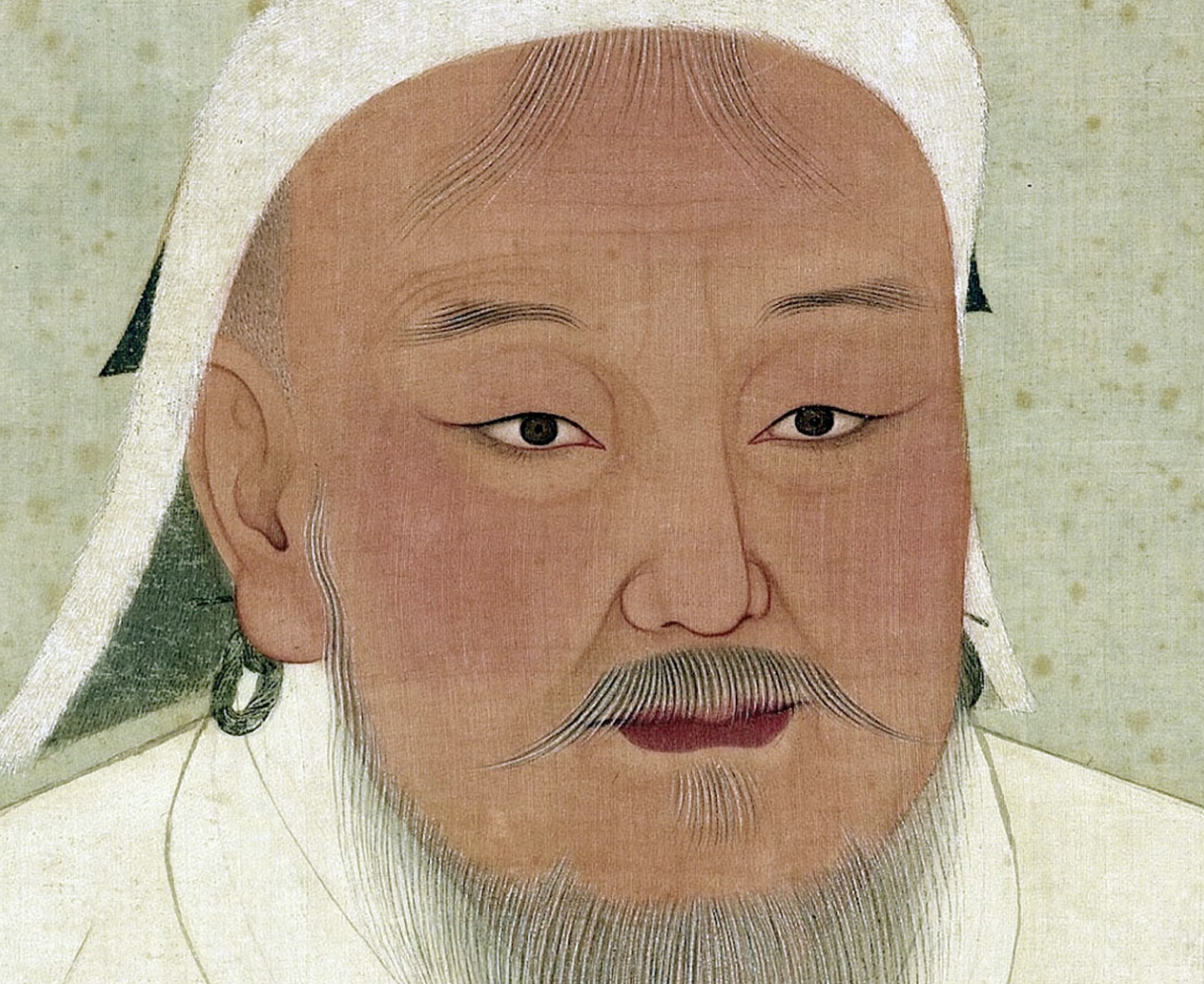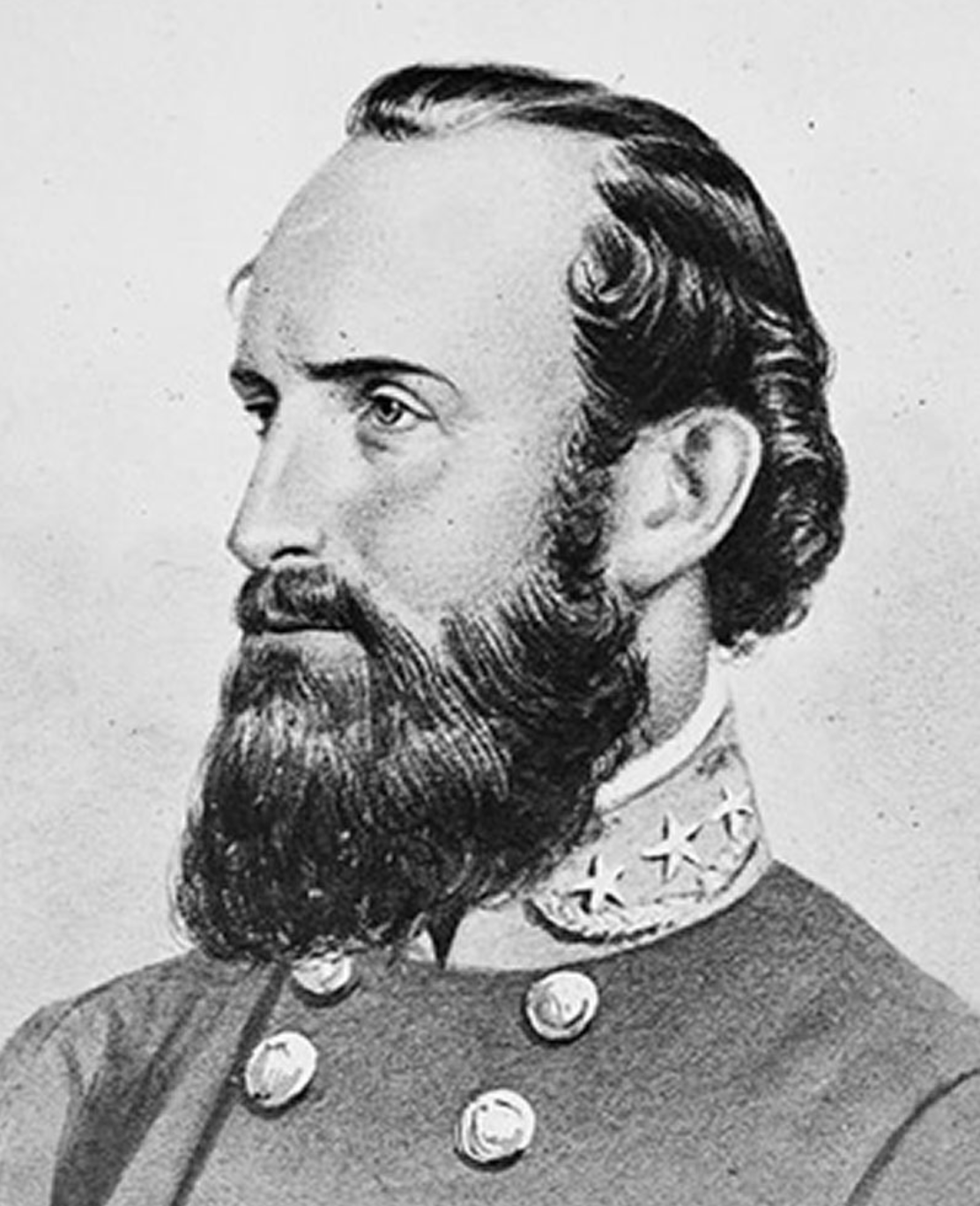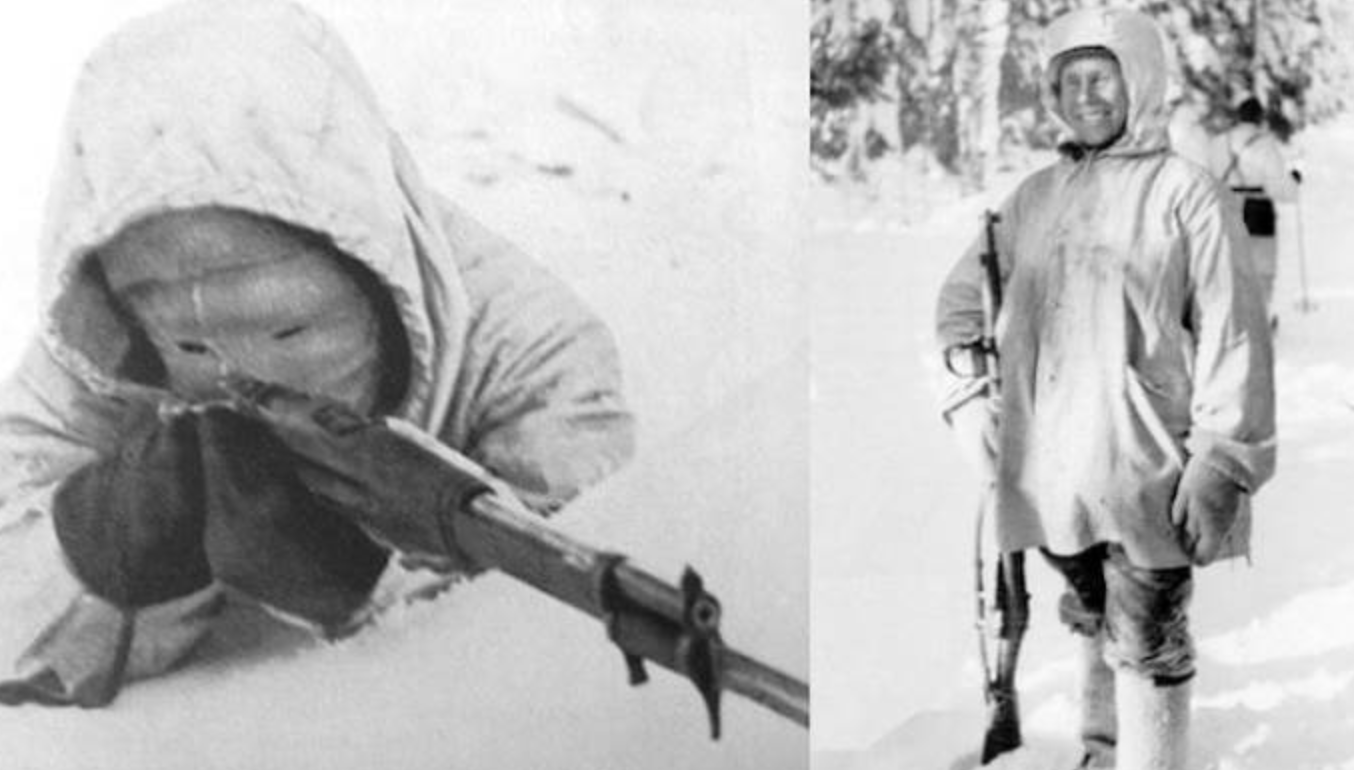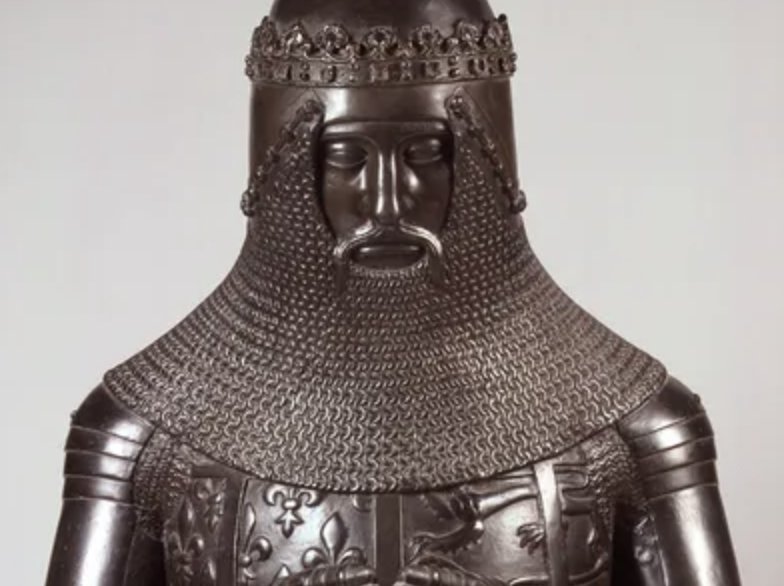Fifteen Historical Figures Who Earned Their Nicknames
What's in a nickname? A whole lot to these rad historical figures.
Published 1 year ago in Wow
There are a whole lot of ways to land yourself a nickname. If you're an NFL player, all it takes is some nightclub issues to be dubbed "Broadway Joe" for the entirety of your career. If you're a student, incorrectly answering a question about the War of 1812 can get you named "cannonball" for the rest of the year. Heck, sometimes it's as simple as having a last name.
But to these historical baddies, landing a nickname is quite the honor, one that comes from several feats of incredibly badassery. From Vlad The Impaler to Kid Blink, here are some historical figures who most definitely deserved their incredibly cool nicknames.
4
Praise-God Barebone
Praise-God-Lest-Ye-Be-D—ed Barbone led the English parliament in the 1650's, after Pride's Purge had removed anyone from it who wasn't a Puritan. There was a fad for Puritans giving kids names like this, mostly around 1590-1610. In Barbon's case, it didn't work out so well, as instead of calling him Praisegod, people called him D—d.
13
Thomas “Stonewall” Jackson
“Thomas 'Stonewall' Jackson. During the first battle of Bull Run in the American Civil War, a Confederate officer was trying to rally his men to stand their ground. As most of the rebels were fleeing from the Union army, he told them, ‘Look, there's Jackson's men, standing like a stone wall.’ The battle ended in a Confederate victory and the nickname stuck.”
15
The Black Prince
“Edward of Woodstock, son of King Edward III of England. Commonly known as the Black Prince … he was was referred to that simply due to folklore. It was literally a reference to the fact that he allegedly wore black armour. There's no denying he earned such an awesome name. He was present at the battle of Crécy at the age of 16. He also had a fearsome reputation for leading chevauchées. They were essentially very fast mounted attacks against French holdings in which towns and crops were looted and burnt to the ground. These attacks were obviously designed to hurt French morale and undermine the monarchy. So you can see why the name 'Black Prince' is fairly apt.”

